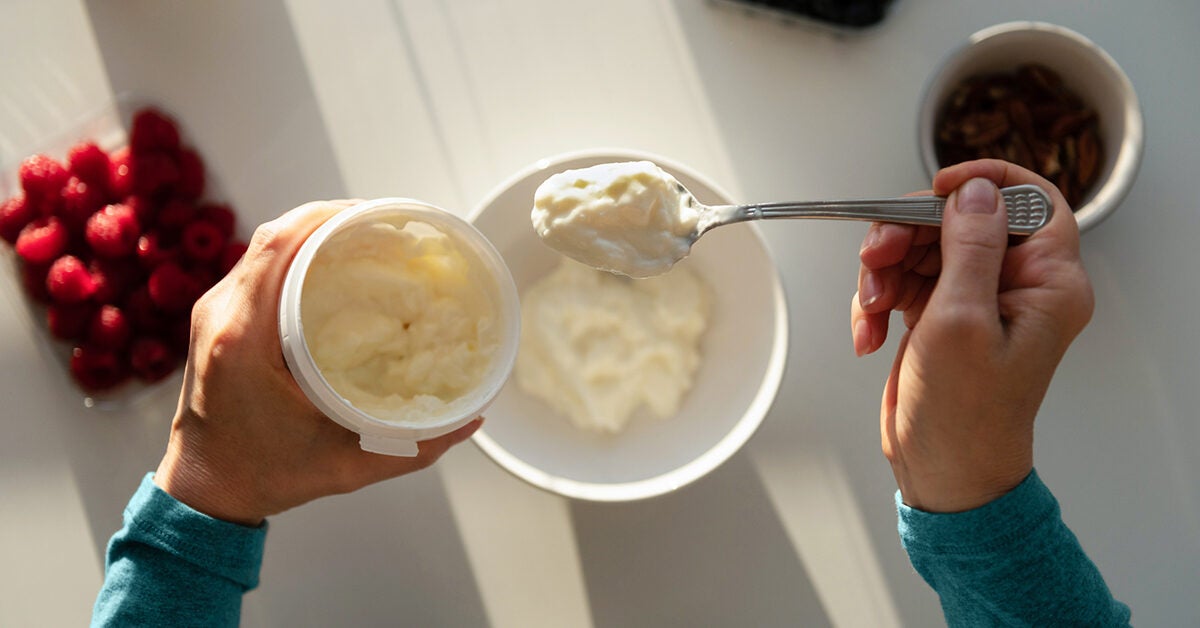Should You Take Probiotics For Gout? A Dietitian Explains - Healthline

Gout is a common type of inflammatory arthritis that
It is marked by high levels of uric acid in the blood (known as hyperuricemia), which form monosodium urate (MSU) crystals in the blood.
Elevated levels of MSU crystals lead to an accumulation in the joints — most notably the big toe — intermittent gout flares, and
Hyperuricemia is also a risk factor for the
Though there isn't a cure for gout, the appropriate combination of medical and
Some dietary supplements, such as probiotics, are
Probiotics are living microorganisms like bacteria or yeast that, when consumed by humans in adequate amounts, potentially confer health benefits.
In this article, we explain whether probiotics are effective for managing gout symptoms.
Some
Thus, it's been suggested that taking probiotics may correct these low levels of the beneficial bacteria, improve gut health, and reduce the frequency of gout flares and painful symptoms.
These
It's important to note that these research findings are based on test tubes, and human research is needed to determine the exact role of probiotics in the management of gout.
- Lactobacillus (lactic acid bacteria): degrades purines in the blood and may guard against kidney damage
- Bifidobacterium: counters the growth of harmful bacteria in the gut
- Clostridium: non-pathogenic strains are low in people with hyperuricemia, but have the potential to become a new generation of probiotics
People with hyperuricemia and gout often have low levels of Ruminococcus, Eubacterium, and some strains of Enterobacteriaceae as well. Research into their potential roles is ongoing.
These probiotics may be taken as a dietary supplement or found in a variety of foods.
For instance,
To date, it's unclear what dosage of probiotics is best or how often you should take them to support the management of gout symptoms. More research is warranted.
Gout is primarily managed through
The
The
- A healthy diet: Avoid foods high in purines like red meat, seafood, organ meat, and alcohol.
- Physical activity: Aim for 150 minutes per week of low-impact and moderate physical activity like swimming, walking, and biking.
- Workshops: Consider engaging in self-management
workshops for folks with arthritis. - Weight management (if you and your healthcare team feel that it would be appropriate and beneficial)
Always consult with healthcare professionals for the best treatment options and self-management strategies for you.
Here are some common questions people have about taking probiotics for gout.
What supplements can help with gout?
A
These supplements slightly reduced the frequency of gout flares per month, but the findings were not significantly different compared with the control group of participants that did not take the supplements.
Along with the potential role of probiotics however, dietary supplements hold great potential to help with gout in the future following more high-quality human research.
Does gut health affect gout?
Yes, there is an
Furthermore, as the disease develops — even during asymptomatic stages — gut health is compromised and the diversity of "good bacteria" is reduced.
These changes promote the overgrowth of harmful bacteria (a condition called dysbiosis), which exacerbates symptoms and is also associated with other chronic conditions like
Can gut bacteria cause gout?
Recent
However, it's unclear whether gout causes poor gut health or if changes in gut health first lead to the development of gout.
For instance, blood levels of urate are
On the other hand, some research suggests that hyperuricemia firstly
Regardless of which came first, poor gut health is associated with gout.
Gout is a common type of inflammatory arthritis that is marked by high levels of monosodium urate crystals (MSU) and uric acid in the blood. The buildup of MSU in the joints causes joint pain, swelling or tophi, heat, and redness.
It has been determined that there are low levels of "good bacteria" in the guts of people with hyperuricemia or gout, creating a therapeutic opportunity for probiotics like Lactobacillus and Bifidobacterium in the managment of gout.
Diet and nutrition, physical activity, workshops for persons with arthritis, and weight management can also play important roles in the self-management of gout symptoms and flares.



Comments
Post a Comment